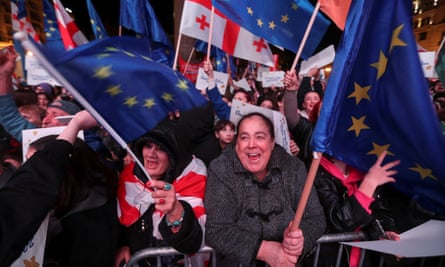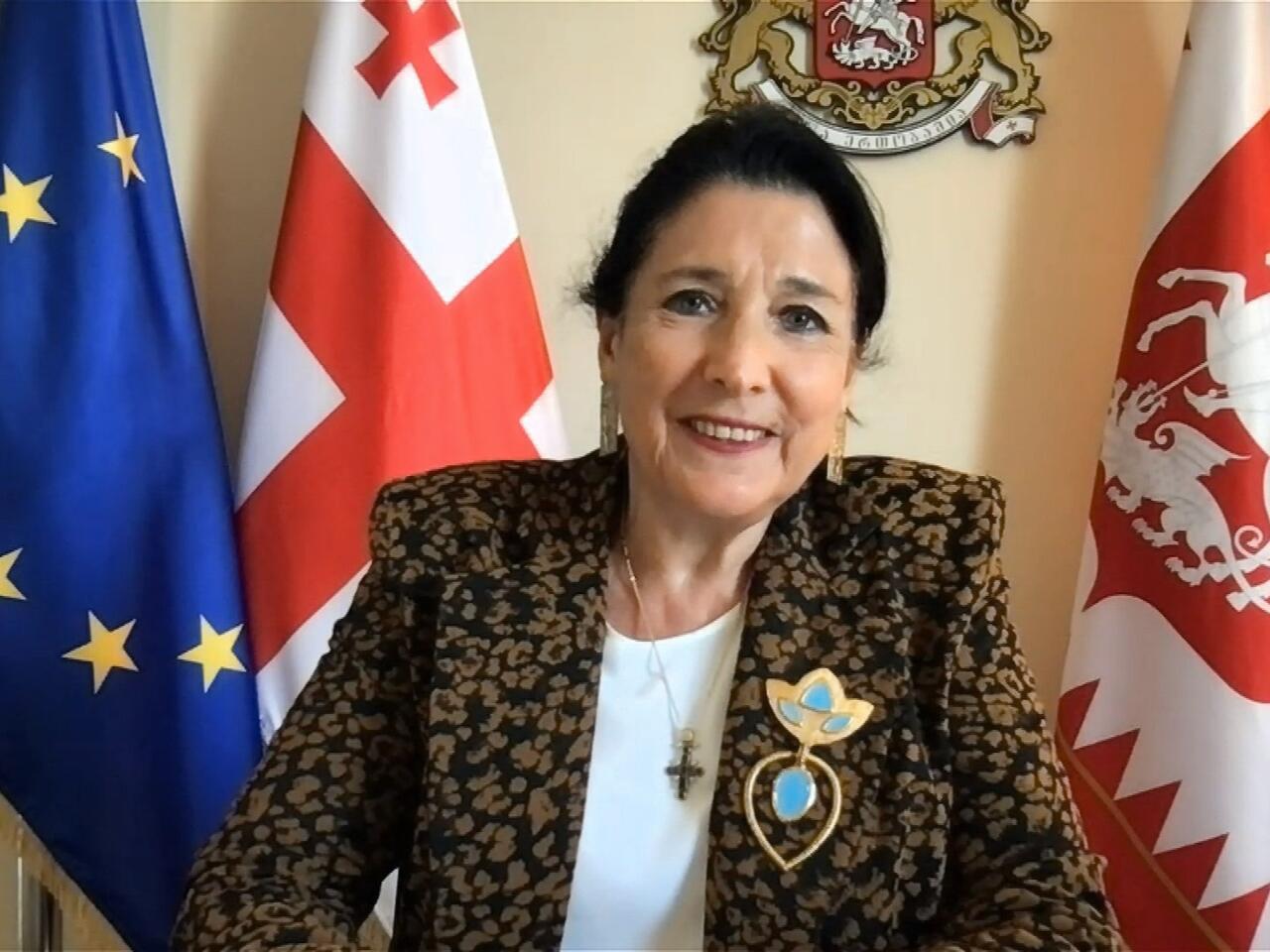Introduction
Georgia, despite its small size, occupies a strategic position at the intersection of Europe and Asia. Regional powers of historical importance, including Persia, Turkey, and Russia, have used the region as a playing field. Since gaining independence from the Soviet Union in 1991, Georgia has faced challenges in maintaining its sovereignty due to pressure from two major powers: the West and Russia. Tensions only increased since Russia invaded Georgia in 2008 over Abkhazia and South Ossetia. Newly promulgated legislation in 2024 and implemented policies have brought Georgia back into the spotlight in the international media due to the domestic and international issues it is currently facing.
Does the Foreign Agents Law promote transparency or silence?
In 2024, Georgian law passed the “transparency of foreign influence” law, more commonly known as “the foreign agents law.” This law compels media and NGOs to register as having acted in the interest of a foreign power if it attracts more than 20 percent of funding from another country. Tough audits already subject these organizations to severe penalties for non-compliance with some of these laws. It aims to prevent interference by foreigners and promotes transparency, yet its detractors believe that it is merely a backdoor attempt to strangle dissenting voices in general, mimicking a parallel restrictive legislation in Russia.
EU leaders have warned the country that this law represents a step backward in democratic norms, making Georgia’s integration into the EU a non-starter. However, Georgia only became a status candidate in the EU system this year, 2023, and there is no clear path to becoming a full-fledged member. The EU then interpreted this law as a threat not to free speech and freedom of assembly, but rather as a partial violation of the constitutive conditions for operational democracy.
Shifting Foreign Policy Due to Russo-Ukrainian War
Only since 2022, when the war resumed between Russia and Ukraine, the internal fight in Georgia got more potent. The opposition, specifically the Georgian Dream, led by Georgian Prime Minister Irakli Kobakhidze, accused the West of exerting pressure on Georgia to open up the so-called second front of a conflict. Speaking during an early 2024 installation ceremony that he attended, Kobakhidze revealed that Georgia focused more on stability at home and the economy rather than immersing itself strongly in the ongoing war between Russia and Ukraine.
President Salome Zourabichvili condemned the government’s cautious attitude toward the Ukraine conflict. Zourabichvili, elected in 2018, had long been an advocate for stronger support for Ukraine and closer ties to the EU, which created tension with the Georgian Dream party. She lamented that there was still a long way to go ahead of the 2024 general election and wished for “a new political reality” focused on national unity, clean elections, and a government in power based on democratic principles.
Social policies and the press toward “traditional values”
Together with the foreign agents law, the party of Georgian Dream introduced legislation on “traditional family values.” Critics of these laws specifically highlight their violation of the rights and freedoms of the sexual minority. The recently introduced legislation in 2024 imposes severe restrictions on the rights of sexual minorities, a move that has drawn criticism from the US and the EU. While they maintain that the legislation reflects and validates the cultural values that shape their identity, many others perceive it as a significant setback to Georgia’s human rights.
This is part of a wider trend in Georgian politics: the government has firmly established itself as a guardian of national identity against what it reviles as “foreign cultural interference.” Most believe that this might actually push Georgia further away from the West community—foreign investment and partnerships that are key to further economic growth for the country.
A Divided Society Politically
Political division, a defining feature of Georgian politics, culminated in a high level of polarization between the ruling party, Georgian Dream, and opposition groups led by the United National Movement, whom Georgian Dream had successfully wooed with their rhetoric. He even proposed a ban on the UNM, saying that it was against democratic values, and promised that he would be able to stop polarisation by 2028 when portraying opposition forces as something harmful to national unity.
Elections in October 2024 will undoubtedly demonstrate the strength of Georgia’s democracy. Prosecution and the banning of some opposition party members by the ruling party are causing confusion about Georgia’s future status as a democratic country. Opposition leaders reportedly believe that true democracies require a competitive political environment that not only tolerates but also cherishes the voice of their opponents.
The media and the Democratic process in Georgia
Now television dominates Georgia. Due to technological advancements, media professionals increasingly rely on online news sites, which are gradually becoming more popular. Because of the foreign agents law, these media houses are now subject to increased scrutiny, including audits and financial checks. The proponents assert that the law will maintain the media’s independence from other countries. It could potentially stifle media independence, thereby posing a threat to media liberty.
The role of the media in Georgia is the shaping of public opinion and calling governments to account; therefore, the curbing of freedom of the press may lead to the curbing of democratic development in that country. Independent journalists and media organizations continue to fight for their right to press freedom, arguing that a free press is essential to ensure the government does not overreach.
The context of political barriers impacts economic development.
Economic development has been on the core agenda of the Kobakhidze government. He promised to fulfill the economic needs of the Georgian people, despite political clashes, by creating employment opportunities, infrastructural development, and poverty alleviation. However, political instability and strained relations with the West may be a deterrent to much-needed foreign investment in the country.
In the last two years, Georgia has received foreign aid and investment from Europe and the United States. The political impasse with the West and its restrictive policies may make it difficult to maintain foreign funding and investment, which are essential for Georgia’s growth. Georgia must strike a balance between its economic interests and democratic values as it strives for independence while still participating in the global economy.
Conclusion: Georgia at Crossroads in 2024
Georgia today stands at the crossroads. Important foreign influence, social policy choices, and democratic values stamp its future. The controversial new law on foreign agents and the government’s stance on so-called traditional values are causing significant controversy, both domestically and internationally. The ruling Georgian Dream Party, welcoming these steps as defenders of sovereignty and cultural heritage, accuses its opponents of repressing free speech and delaying Georgia’s entry into the West.

For this reason, the outcome of Georgia’s general elections in October 2024 will shape the country’s political landscape and international relations for decades to come. Georgia’s choice of direction, either towards Europe or Russia, will determine its global standing and impact on democracy.




